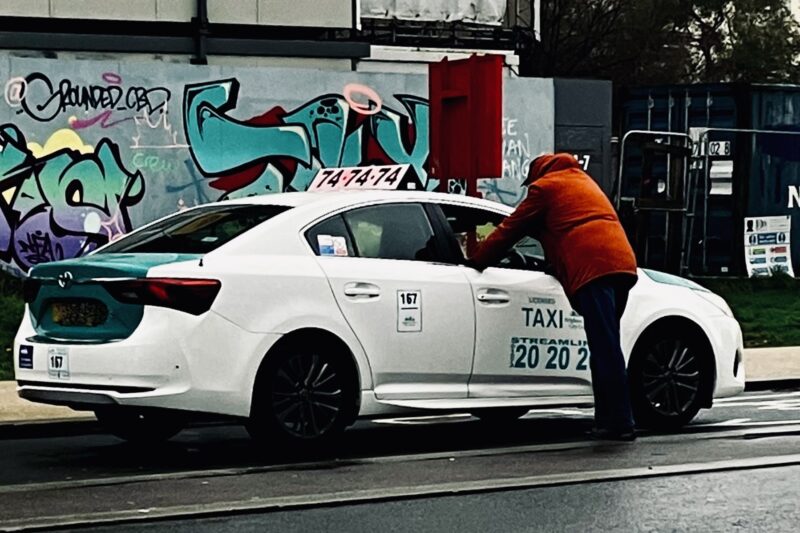While taxis and PHVs are designed to be easily recognisable for passengers, there are concerns that taxi company door signs and logos could put them at risk, with some licensing authorities now insisting that PHVs cannot have operator liveries on their doors.
Copycats
It comes after instances of unlicensed PHVs with fake liveries illegally picking up passengers. City of Wolverhampton Council has now banned vehicles it licenses from displaying company names and logos – which it believes can be easily faked.
Instead, it only wants the council-issued taxi badge displayed at the rear of the vehicle near the number plate – and wants passengers to check a PHV is genuine before getting into it.
The council believes the licensing badge is more difficult to replicate and will help identify genuine, licensed taxis and PHVs that are safe.
While Transport for London has banned company liveries on PHV doors for years, Wolverhampton has become the first authority to introduce new government guidelines designed to combat fake taxis and improve passenger safety.
The council also believes that removing taxi operator liveries will reduce vandalism of taxis and targeting of PHVs, such as the incidents that took place during the summer’s riots.
New guidance
The council announced it “will implement the government’s best practice guidance, which requires private hire drivers not to display livery signage, such as that of a private hire vehicle operator, on their doors.
“This aims to prevent impersonation of private hire vehicles by anyone who prints their own imitation signage and operates as an illegal taxi.”
It said the change is designed to ensure that passengers “focus on the private hire vehicle licence plate on the rear of the vehicle to verify their booking.
“Customers can also check the driver and vehicle that has been sent to collect them by direct contact with the operator via phone, text message or app. The driver will also know their name and destination through the booking details the passenger provided.”
Genuine concerns
Before deciding to remove the liveries, Wolverhampton carried out a three-month consultation and found that 93% within the trade were in favour of removing the signs.
The Government also believes that highly visible signs can lead to PHVs being mistaken for public-hire taxis. It is illegal for PHV drivers to accept passengers who have not been booked in advance and, if they do pick up a fare in this way, they are unlicensed and uninsured.
To further avoid any doubt, the council is issuing PHV drivers with ‘pre booked only’ signs to be attached to each passenger window.
The council has also reminded passengers that those who need a vehicle immediately should hail hackney carriages with an illuminated ‘TAXI’ light. The driver must also hold a valid hackney carriage licence plate on the rear of the vehicle and they must be wearing their hackney carriage or dual driver licence badge.
Safety is the priority
Councillor Bhupinder Gakhal, Wolverhampton cabinet member for resident services, said: “The safety of all passengers is paramount and we are implementing government guidelines to try and prevent unscrupulous drivers creating fake signage and taking passengers under false pretences.
“This has led to instances of revoked drivers illegally plying for hire, as well as unlicensed drivers impersonating taxis. We want to work alongside the legitimate trade drivers to stop this type of fraudulent and frightening behaviour.
“I would encourage all passengers to look for the private hire vehicle licence plate on the rear of the vehicle and the badge worn by the driver. They can also contact the operator to double check details.
“People wanting to hail a cab in the street should only approach vehicles with an illuminated taxi sign, then check it has a valid hackney carriage licence plate. They should then verify the licence badge the hackney carriage driver is wearing.”


